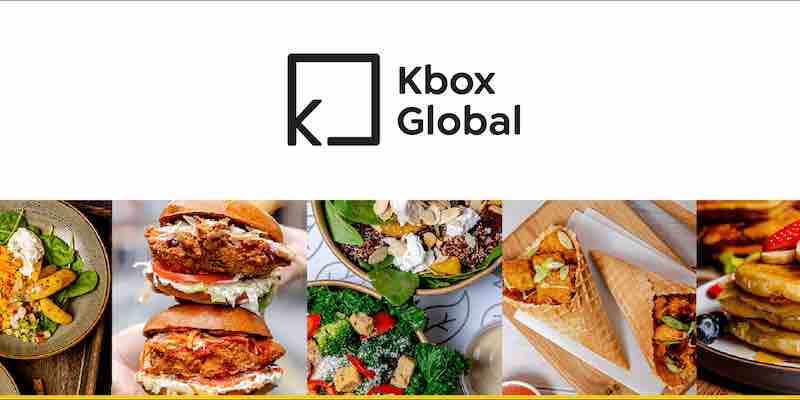Kbox Global Teeters on the Edge as Dark Kitchen Sector Faces Heat

Kbox Global, a company that assists restaurants in maximizing their spare food production capacity, is facing imminent Collapse, highlighting the growing financial strain within the ‘dark kitchen’ industry. According to Sky News, Kbox Global began in 2019 and is on the verge of insolvency after a crucial round of funding failed to materialize. Interpath Advisory’s insolvency experts have been alerted for a potential administration filing, which could happen soon unless new investors step in.
The company’s troubles were compounded by the abrupt departure of Salima Vellani last year, which left investors surprised with little warning. Despite having raised substantial investment from notable venture capital funds like Balderton Capital and Hoxton Ventures, Kbox has struggled to meet the anticipated demand. The company has collaborated with various brands, including SuperRico and MrBeast Burger. Still, it now faces the same financial challenges that have beset many dark kitchen operators, where the expected surge in demand has not been as strong as predicted.
For more details on this developing story, visit the original article on Sky News: Kbox on the brink of Collapse.
Venture Capital Vulnerability in High-Growth Sectors
The potential Collapse of Kbox Global underscores the inherent risks venture capitalists face when investing in high-growth, high-burn rate sectors like dark kitchens. These sectors often require substantial upfront capital with the expectation of rapid scale and market capture. However, they are also subject to volatile market dynamics, consumer trends, and operational challenges. Kbox’s situation highlights the importance of due diligence, robust business models that can withstand market fluctuations, and the necessity for venture capital firms to diversify their investment portfolios to mitigate risks.
Forecasting Challenges in the Food Delivery Market
Kbox’s predicament points to the difficulties of demand forecasting within the dynamic food delivery market. While the sector has seen growth, particularly during the pandemic, predicting its trajectory can be complex due to factors like changing consumer behaviors, economic shifts, and the entrance of new competitors. Kbox’s experience suggests that companies must be agile, pivot quickly in response to market feedback, and deeply understand their customer base to adjust supply with actual demand.
Strategies for Resilience in the Dark Kitchen Industry
To navigate the financial pressures of the dark kitchen sector, operators may need to adopt several strategies. These could include diversifying their offerings to cater to a broader customer base, leveraging data analytics to optimize operations and reduce waste, and forming strategic partnerships to expand their reach. Focusing on cost control, improving efficiency, and enhancing the customer experience can also help build a loyal customer base. Operators might also explore hybrid models that combine ghost kitchens with limited dine-in spaces to create additional revenue streams.